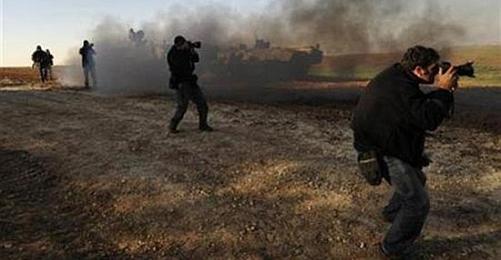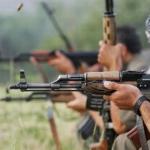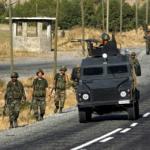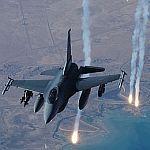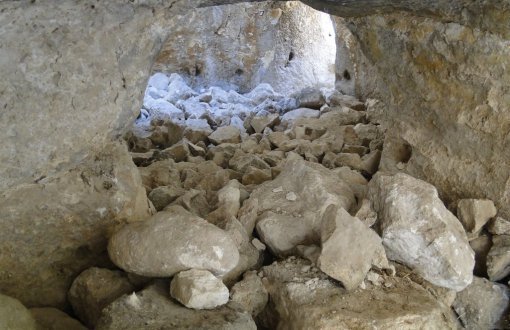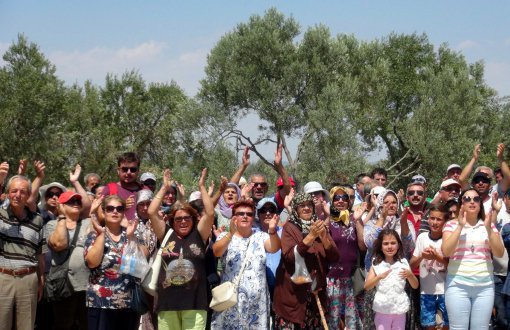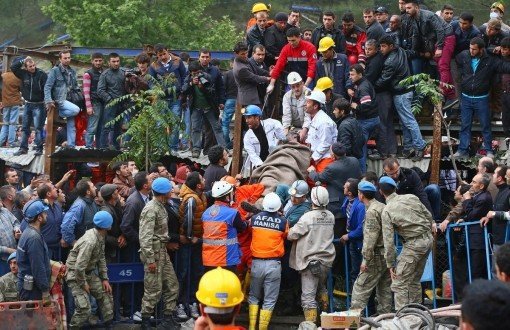For the first time, the Anadolu News Agency (AA) is sending five reports to the "Centurion" centre in London to obtain war correspondence training.
The team of five is joined by one general reporter, a photo reporter, a cameraman, a reporter for domestic news and a diplomacy reporter. They will receive a five-day training on carrying out journalism in conflict zones.
"Centurion" provides first aid training and psychological and practical training on issues like risk assessment to media outlets working under dangerous conditions, non-governmental organizations and aid institutions.
"Journalists need a life insurance"
The President of the Journalists Union of Turkey (TGS), Ercan İpekçi, said that this kind of training was absolutely necessary for the reporters but that it was not sufficient.
"This training is obligatory in the first place. Yet, at the same time reporters who are going to war zones have to contract a life insurance just as it is done by all international media outlets".
"This insurance provides coverage of medical treatment in case of injury, disability or disease. It also includes a compensation to be paid to close relatives in case of death. When sending a reporter to Somali, the issue is not being solved by giving him a vaccination", İpekçi continued.
"Additionally, employers have to provide both education and the necessary equipment to journalists. Instead of running after the news and into death, employers have to tell the journalists that life safety is the priority" the TGS President highlighted.
İpekçi pointed out that war correspondents in Turkey were learning by doing until now.
"Since there was no such training, reporters in war zones went to and forth and learned by benefiting from the experiences of foreign reports and by trying things out. This is not the correct way".
"Reporters must be willing to go"
İpekçi stated that the union was disturbed by the recent personal policies of the Anadoly Agency. "I hope that these colleagues will not be strained too much by being told to go everywhere since they have received special training. They should be willing to go, they must not be forced".
Eight principles for war correspondence
Reporters Without Borders (RSF) issued the "Declaration on the safety of journalists and media personnel in situations involving armed conflict" in order to prevent and reduce the risks involved in war correspondence. The declaration comprises eight principles:
* The media, public authorities and journalists themselves shall systematically seek ways to assess and reduce the risks in war zones or dangerous areas by consulting each other and exchanging all useful information.
* Media workers should go on a strictly voluntary basis.
* Editors should choose staff or freelances who are mature and used to crisis situations.
* Regular training in how to cope in war zones or dangerous areas will help reduce the risk to journalists.
* Editors should provide special correspondents working in dangerous areas with reliable safety equipment, communication equipment and survival and first-aid kits.
* Journalists and their assistants working in war zones or dangerous areas should have insurance to cover illness, repatriation, disability and loss of life.
* Media management should ensure that journalists and their assistants who so desire have access to psychological counselling after returning from dangerous areas or reporting on shocking events.
* Journalists on dangerous assignments are considered civilians under Article 79 of Additional Protocol I of the Geneva Conventions. (Source: RSF) (NV/VK)





